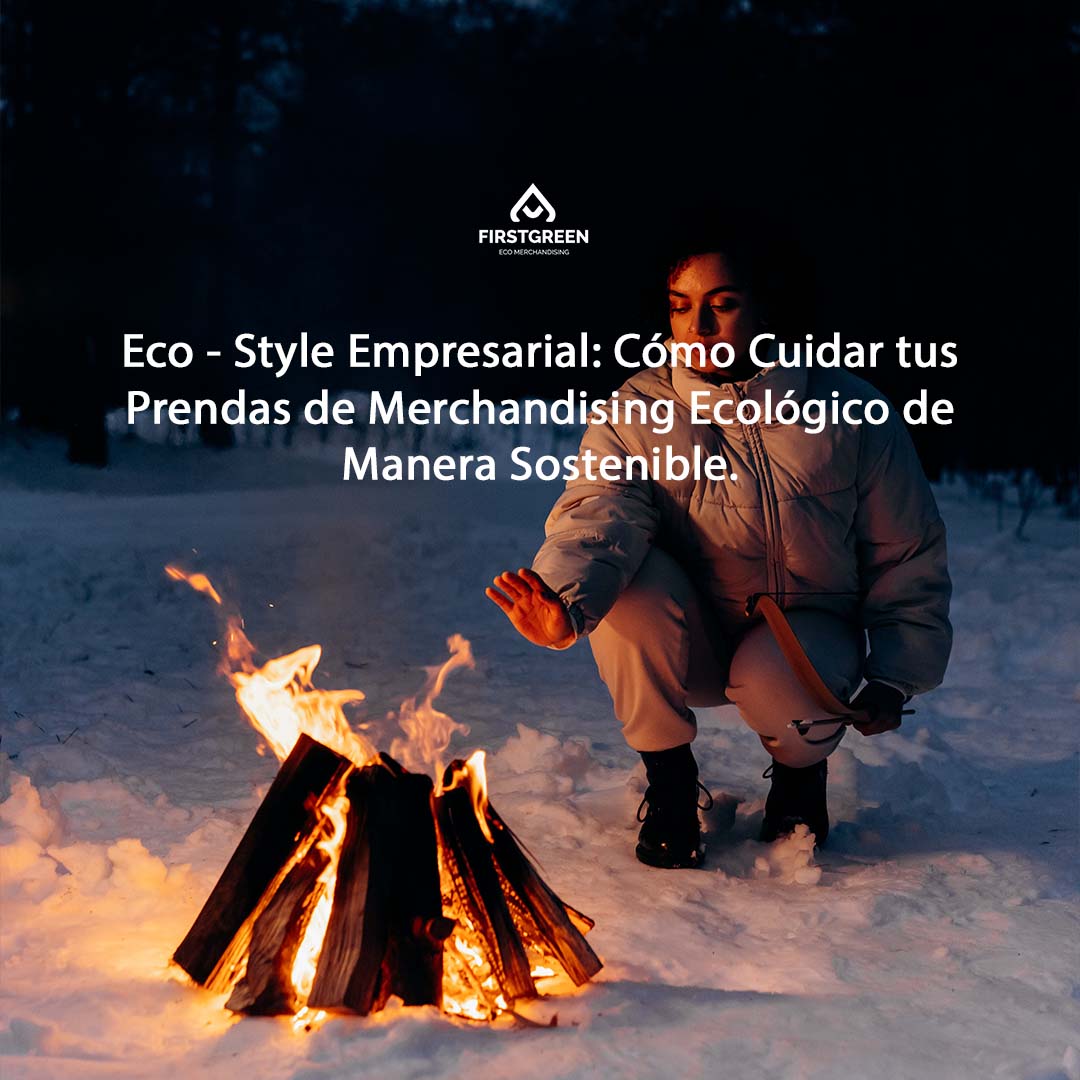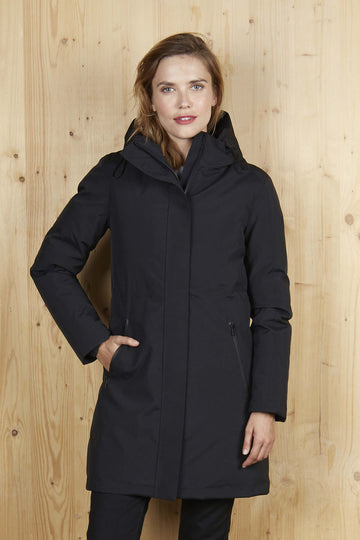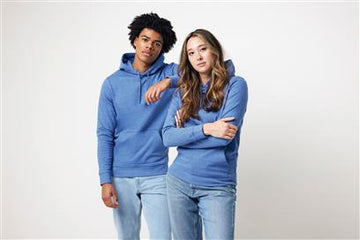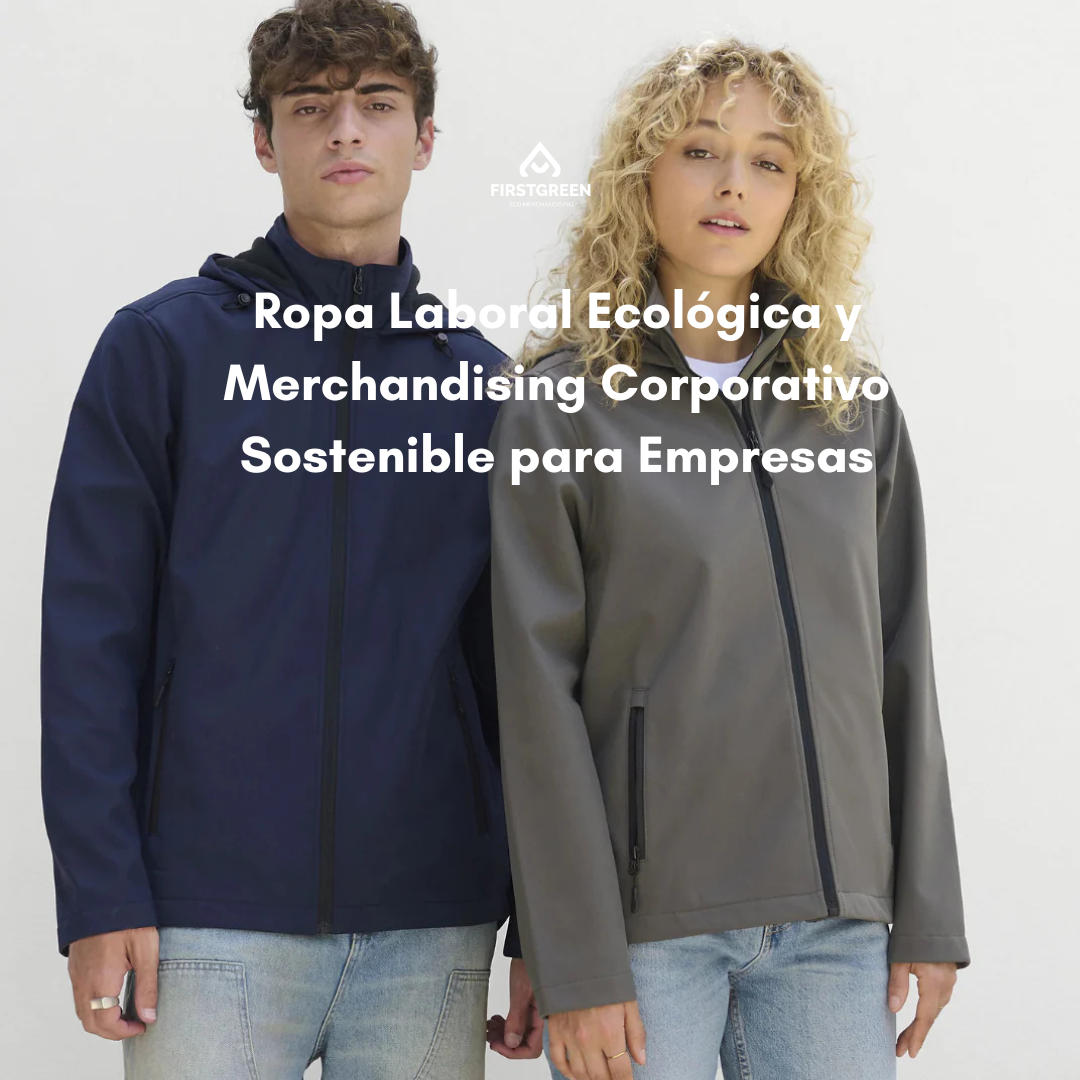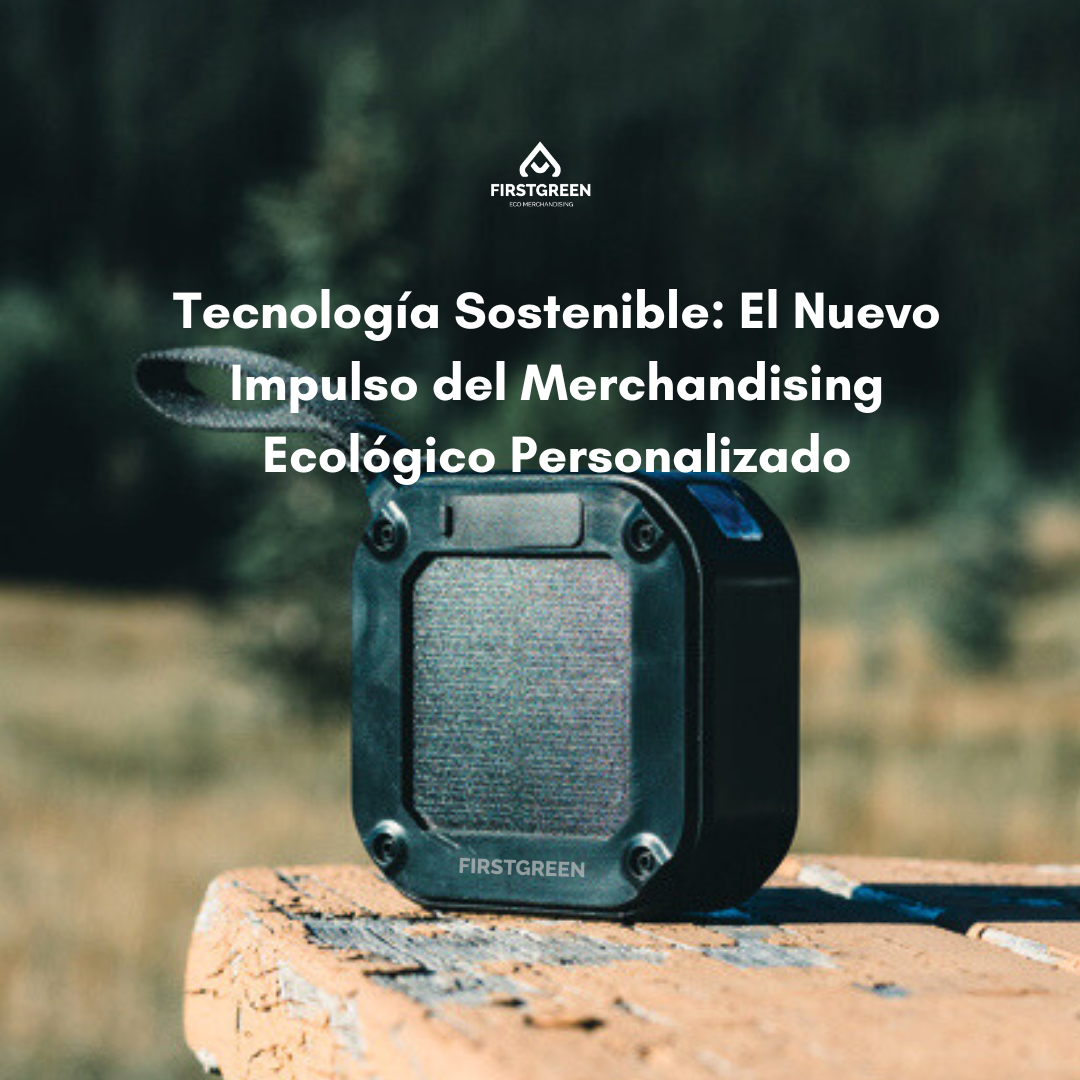Winter, in addition to rain and cold, brings opportunities to give away ecological winter clothing as a gesture of appreciation, either as sustainable safety work clothing to provide the security and comfort that allows you to do a good job with your brand logo, or through eco-marketing of events, fairs and conferences in which cheap and effective gifts allow you to reach many people, to build loyalty and even create new customers through the warmth and comfort that you can transmit with this gesture.
Personalised sustainable clothing is not only warm and cosy but also takes into account the sustainability of the planet. Here are some tips to help you extend the life of that corporate gift you love so much.
1.- Selection of Sustainable Materials
If we talk about sustainability in corporate fashion, you must first know how to choose sustainable corporate gifts for winter by knowing which eco-friendly materials are most commonly used to better cope with the cold.
1.- Recycled Polyester or rpet: Trend-setting material in sustainable workwear
for outerwear and jackets, high quality products, waterproof and with the ability to achieve a multitude of designs and fabric textures with which the garments become ecological merchandising that can easily follow fashion and make it unique at the same time through logo designs with ecological customizations and without losing the comfort and convenience of a light and very comfortable garment.
Promotional gifts used by environmentally friendly companies' marketing strategies rely on the effective visibility offered by corporate fashion. Quality brands with which you can enjoy and protect yourself from the cold, where you can choose different textures and innovative textile fibres, in design and comfort, both designs for men and women, long and short, waterproof or warm jackets, or fleece lining, corporate sweatshirts with a 340 weight and with or without a hood. All of them with recycling and sustainability certifications such as the Aware tracer, GRS certifications, PETA.
Eco-friendly warm jacket made from recycled materials with GRS, Peta, and Oeko-Tex certification for personalizing special winter Neobux Alfi Women. and GREEN_Label B rating.
2.- Organic cotton and recycled polyester . 100% cotton as a sustainable material is possible by mixing organic cotton fibers with other eco-friendly fabrics. One of them is the mixture with rpet, to improve the characteristics of each textile fiber.
3.- Organic Cotton and Recycled Cotton: Another widely used mix in promotional products to give away and build customer loyalty, as it is widely used as a sustainable marketing strategy in sports carts, fairs and congresses, as well as work and safety clothing, is organic and recycled cotton, which in certain customizable winter garments, care for the environment leads to eliminating dyes, mixing the color provided by recycled cotton with virgin organic cotton.
The unisex eco-friendly regular fit hooded sweatshirt made of 50% recycled cotton and 50% undyed organic cotton for personalisation - Iqoniq Torres 340G/M2 thus achieves the A rating of the green label GREEn-Label, for being a Quality Brands that provide the digital passport dedicated to the product, the donation of 2% of the profits from each product sold to Water.org and the sustainability certifications.
2.- Responsible washing
Once you have determined the sustainable material of your clothing through the labels, you must follow the specific instructions for each material. In general, we advise you to wash with:
Moderate Temperature: Considering that hot water can wear down and damage the durability of fabric fibers, it is advisable to wash in cold or warm water.
Ecological Detergents: Using ecological fabrics does not end with wearing it; the commitment to the use of these corporate gifts with social responsibility must promote habits oriented towards environmental care. To do this, you can use mild and ecological detergents to reduce the environmental footprint. Avoid abrasive bleaches and choose less polluting and more environmentally friendly options.
3.- Air Dry:
Avoid the dryer: Using the dryer is both damaging to the fibers and contributing to environmental pollution. Avoid the dryer whenever possible.
4.- Proper Storage
Folding instead of hanging: We have the bad habit of hanging heavy clothes like coats and jackets on the hangers in the closet, BIG MISTAKE, the weight of the clothes can deform the original shape and become deformed. So get used to folding instead of hanging.
5.- Avoid overuse of dry cleaning
Just like with the dryer, using the washing machine too many times can ruin the garment, but if you need to use dry cleaning, look for eco-friendly cleaning services.
6.- Long-lasting customization
When customizing promotional winter apparel, be sure to follow the manufacturer's instructions to ensure long-lasting advertising.
7.- Visit the Seamstress to Repair Instead of Replace
Extend the sustainability of winter corporate fashion: Fixing small flaws reduces overproduction and pollution. When dealing with small flaws, consider whether they can be fixed to extend their useful life.
8.- Donate and Recycle to reuse
Donate Used Clothes: There are many items of clothing that cannot withstand a change of wardrobe, so it is time to donate to organizations that accept clothes in good condition.
Recycle Responsibly: The fashion industry is the most polluting industry, so it is very important to make sure that it is recycled properly to avoid it ending up in landfills. Some stores offer recycling programs at the end of the garment's useful life.
All of these tips can help you maintain the quality of your customizable eco-friendly winter clothing, and contribute to sustainability and reducing your environmental impact because dressing with style is not at odds with taking care of the planet.

